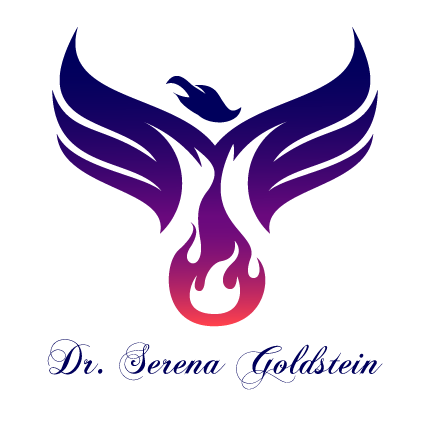What hormone type therapies all have in common
Logically, if something is low, like oil in a car, just fill it up to replace it. If only the body was that simple.. we know it’s not, but we may not always grasp its complexities as that’s why whenever a medication or supplement is offered to solely replace, other problems still occur. The endocrine system is comprised of at least 7 different organs + fat cells (yes, our fat cells secrete hormones and signals too) with at least 3 different messages that go to certain organs. That’s at least 21 conversations happening at any given time, and sometimes those conversations need the attention of other structures like our heart, bones, and gut, for example, to optimize function.
However, those conversations can get muddled when there’s not enough nutrients to make those signals, too much stress, poor sleep, poor lifestyle, and a sedentary lifestyle. Symptoms occur when there’s something like a rock concert of dis-ease going on inside our body and those conversations have to get really loud.
Birth control is typically given to young women to regulate cysts, fibroids, menses, acne, and weight due to hormonal imbalance. Hormone replacement therapy is commonly given to peri/post menopausal women to commonly help ease their hot flashes and insomnia, while testosterone is given to men with ‘low T.’ However, none of these therapies account for the reasons WHY hormones were out of balance, aka what turned polite conversations into screaming matches. Further, the first two scenarios can place women at risk for concerns like osteoporosis, breast cancer, heart disease, and more, a recent study has shown that testosterone replacement therapy (TRT) can raise blood pressure, and therefore may not be safe for men who have had a recent heart attack or stroke, or potentially meant with heart disease risk factors (i.e. obesity, smoking, Type 2 diabetes). Ironically I see TRT given quite a bit in men who take statins, a cholesterol lowering medication (heart disease risk factor) because cholesterol is the building block of hormones, including testosterone.
Then if we’re on them, what does coming off these mean? Ethically, does it go against biology? How long can our body really handle these foreign substances. It may take weeks, months, even years depending on how long someone has been on these therapies to help recalibrate their body. These doses tell our body ‘you’re good, you don’t need to make this anymore, I got you’- except true healing means we change the processes that got us to this place, so we can change our outcome and achieve a greater level of health.
So, how do we mitigate all these conversations as safe and effectively as possible? Easy!! Well, easy solution, not always the easiest to implement new habits. :D We begin assessing nutritional intake, sleep quality, stress management, and lifestyle habits, as that foundation will nourish all organ systems involved not only in our endocrine system (i.e. thyroid, liver, pancreas, brain, reproductive organs), but our whole body.
Let’s start with these:
Optimal vitamin D levels- Even if you live right under the equator, you’re still not getting enough. Levels range from 30-100, but aim for about 60, as that’s when people usually feel really good. Vitamin D helps make healthy levels of hormones, and reduces risk for heart disease, to name a few, as it’s actually more of a hormone than a vitamin. Make sure you get your levels checked first before supplementing with vitamin D3 (best if it’s also with K2). Foods include salmon, eggs, and tuna.
Nourish your adrenals- In both men and women, adrenals are critical organs in making sex hormones estrogen, progesterone, and testosterone. They are also responsible for our stress response and blood pressure- they do a lot! The top treatment for these two glands that sit on top of either kidney is routine. Going to bed at a certain time (around 10:30pm is best), eating at a certain time, protein in the morning, and perhaps any morning or evening rituals. Stress management is another. Notable signs your adrenals may be taking a hit include not being able to hold water intake (aka peeing more often), tired after a workout, can’t sleep/can’t get out of bed, ‘tired but wired’, and weight gain around the abdomen.
Foods & herbs- Protein (animal or vegetables), dark green leafy’s (spinach, kale, chard), cruciferous vegetables (broccoli, brussels sprouts, cauliflower), ground flaxseed, and healthy fats like wild caught fish, nuts, avocados, coconut oil, and olive oil all contain a plethora of vitamins and minerals needed to make and metabolize hormones, as well as provide our body with the nutrients it needs to function. Maca is a wonderful herb that can also be utilized to help adrenal health and balance hormones, as it also helps lower cortisol, our stress hormone.
If our body functioned on a ‘one disease to one treatment’ ratio, we would not be in this scenario of not feeling quite right, or normal bloodwork in the case of not feeling good, or wondering why other issues seem to appear even though medication promised to erase them. We are incredible, multifaceted beings, and should be treated as such! If you'd like more tips on how to further balance your hormones, check out my free guide here! :)

